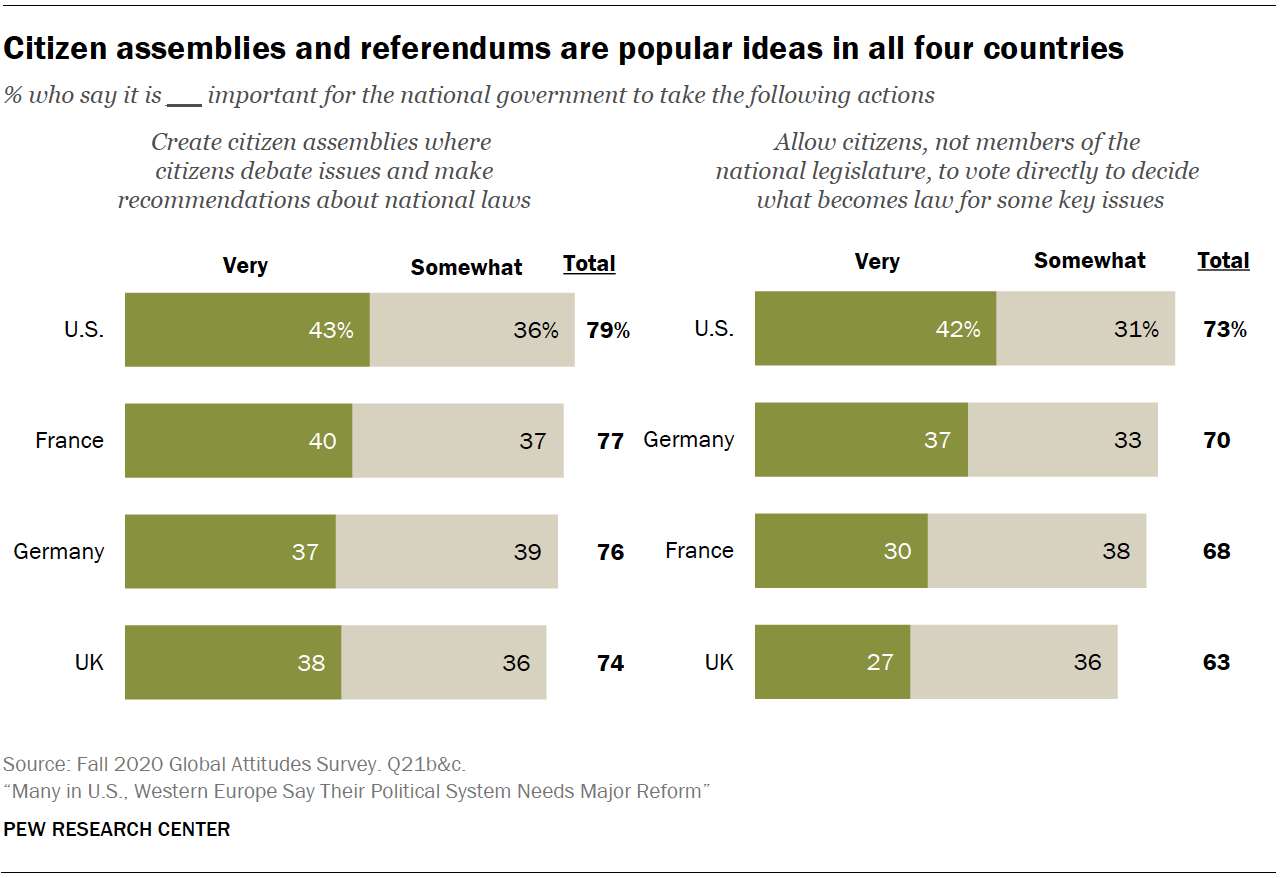
The launch of Jeff Miller’s Democracy in Crisis: Lessons from Ancient Athens was marked with discussion threads on academia.edu and Equality by Lot (EbL). Whilst the debate on the former was (on the whole) polite and informative, the latter quickly degenerated into claims that the author was “mistaken”, “confused” and “self-contradictory”, before going off on a tangent. Although EbL (launched in 2009) was the first blog dedicated to sortition, we are currently languishing on the ninth page of a Google search for the term and are struggling to find new posters, commentators and readers (of the 8,423 “followers”, most are on twitter and very few have signed up to the WordPress site). We clearly need to take a long hard look at why this blog is, frankly, a catastrophic failure.
EbL was launched on 14 December 2009 by Conall Boyle, Peter Stone and Yoram Gat, the blog being intended for
- Academic papers, especially in draft, pre-published form for discussion.
- ‘Think-pieces’ by group members, preferably which have been published elsewhere.
- News items about the use of randomness (lottery) in both governance and distribution
But there was also another (paranthetical) goal, namely a “a ‘shop-window’ for our ideas”, which has increasingly been viewed as a consciousness-raising opportunity for sortition activists to encourage the masses to revolt against “electoralism” (which is denied any democratic provenance). This is compounded by an antipathy to academic expertise as just another example of “elitism”, even when the sub-discipline (democratic theory) is of direct relevance. This being the case, most academics (including two of the aforementioned founders) have little or no truck with EbL. What makes matters worse is that differences of opinion have degenerated into vituperative personal attacks, and this is extremely off-putting for new participants.
Continue readingFiled under: Ballot measures, Initiatives, Opinion polling, Sortition | 27 Comments »



 Frank Escoubès and Gilles Proriol are the authors of the book “La démocratie, autrement – L’art de gouverner avec le citoyen” (Democracy, differently: The art of governing with the citizens). In
Frank Escoubès and Gilles Proriol are the authors of the book “La démocratie, autrement – L’art de gouverner avec le citoyen” (Democracy, differently: The art of governing with the citizens). In 




